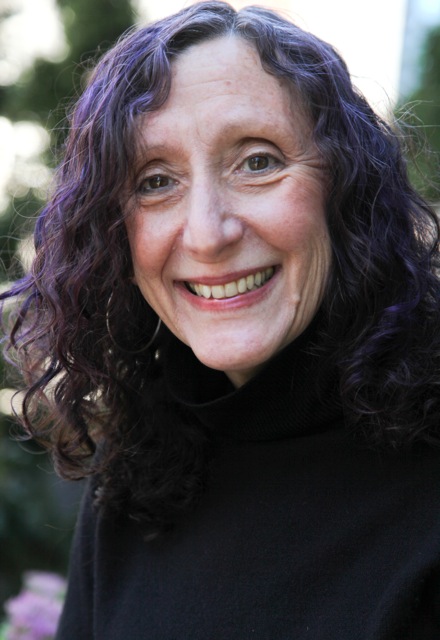Your brain is all about keeping you alive. It does most of its work automatically, so you don’t have to think about it. It will make you hungry and tired, and then it will gently force you to eat and sleep.
Your brain doesn’t control everything, though. It leaves all the choices and decision-making up to you. Here are some of the ways it does that:
It gives you feelings, automatically, but they’re only messengers. They tell you you’re having a reaction to something you’re seeing, hearing, experiencing or imagining. Feelings tell their simple truths by resonating in your mind.
Once the message is delivered, you start to think about it; that’s automatic, too. Then you get to decide what, if anything, comes next. Here’s an important tip: Feelings need to be acknowledged and thought about, or they’re likely to hang around as unfinished business.
Fear is both a feeling and an emotion. Emotions, by definition, are completely automatic. If someone yells at you, your brain responds by sending chemicals throughout your body, forcing you to fight, flee or freeze in place—long before you can ever get a thought out.
The feeling of fear, however, forces you to think about it. You can even create it, by thinking things like “I’m afraid I’m not good enough.” This is good news, though, because, unlike the emotion of fear, the feeling of fear is yours to do with what you will. If you really want to, you can think your fear to death. Think about that.
Memories: All About the Past? Here’s some food for thought: there is no “memory bank” in your head where your favorite memories live happily ever after. In fact, every time you “re-call” a memory you change it by updating some small or large detail. You just never notice the difference.
That’s because memories are more about the future than they are the past. They’re in your brain so you can use them to help yourself get through similar situations that may arise later on in your life.
Of course, you also have emotional memories, and you can’t ever re-call them. Want to know what yours are? Take a look at your emotional behaviors—you know, the ones you keep making New Year’s Resolutions to change and never quite do.
Who Would Have Thought It? You! There is pretty much no limit to what humans can think up, only the limitations we place on ourselves. The whole top of your head—all those twisty coils you’ve seen in photographs and drawings—are mostly dedicated to your extraordinary ability to think. It’s really important.
However, it’s not more important than your feelings and emotions. Have you ever felt so stressed out that you “couldn’t even think straight?” We all do sometimes. It’s a signal that your brain has shut down your thinking mechanism and left your emotions in charge until you can get calm again. Your brain knows very well that you cannot live without your emotions—they keep you safe from harm, automatically.
Thinking, though, that’s a whole other matter.
Being Conscious; Conscious Being. Maybe you haven’t heard, but there are raging scientific debates about what consciousness is. As a nonscientist, you don’t have to be concerned with this debate. You only have to know that, when you open your eyes in the morning, another day of being conscious—that is, self-aware—begins, instantly, automatically.
This is great news, because being conscious means you get to live your life deliberately. Use your fabulous thinking brain to think about this: You can choose who you’ll be, how you’ll be and what kind of person you will take out into the world every single day. That’s the power of your biology. If things didn’t go so well yesterday, well, that’s the past today, and when you open your eyes today, you’ll have a brand-new, sparkling clean day to do differently. (You also have a brand new brain, but that’s another story.) You get to decide how life will go, because you’re the only one living inside that fabulous head of yours.
It’s up to you!
Featured Photo Credit: libraryofprofessionalcoaching.com
About the Author:
Dina Wilcox is a writer and educator who loves bringing people together to talk about the things that matter most to humans: who we are and how we choose to live in the world. In her new book, “Why Do I Feel This Way?” What Your Feelings Are Trying To Tell You, she explains how our feelings work—like love, fear, anger, happiness and sorrow—as well as memories and consciousness—and why it especially matters that we, as non-scientists, understand that our natural power truly comes from our biology.
In 2000, Dina created Raising Healthy Voices, which she calls a portable safe space in which participants promise to respect and listen to each other so that they they can be free to build connections to cherish and enjoy for their lifetimes.
Dina calls New York City home. To purchase her book, or to contact her as well as read her blogposts, please visit the website: www.whydoifeel.com. You can also follow her at Facebook and Twitter.






